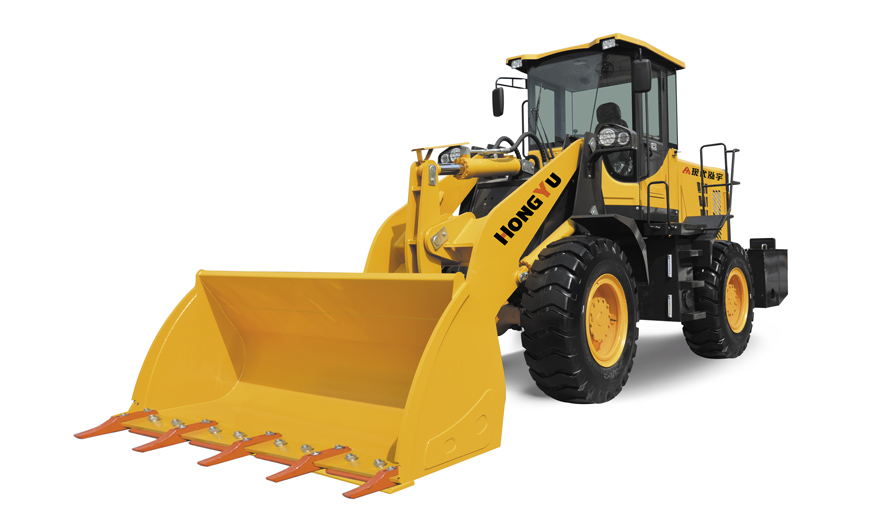The Future of Mechanical Equipment in Industrial Automation
2025-07-28 03:15:32
The integration of mechanical equipment into automated systems has revolutionized manufacturing processes. According to a 2023 report by McKinsey, factories leveraging advanced mechanical systems have seen a 30% increase in productivity. These machines, ranging from robotic arms to conveyor systems, minimize human error while optimizing output. The demand for high-performance mechanical equipment is projected to grow by 8.5% annually, driven by sectors like automotive and aerospace.
One of the key innovations in mechanical equipment is the adoption of IoT-enabled sensors. These sensors provide real-time monitoring, reducing downtime by 22%, as reported by Deloitte. Predictive maintenance, powered by AI algorithms, ensures that mechanical systems operate at peak efficiency. For instance, General Electric’s industrial turbines now use vibration sensors to detect wear and tear before failures occur. This shift toward smart mechanical equipment is reshaping maintenance protocols across industries.
Despite these advancements, challenges persist in the mechanical equipment sector. High initial costs and the need for skilled technicians remain barriers, particularly for small and medium enterprises. A 2022 study by PwC found that 45% of manufacturers struggle with the financial burden of upgrading outdated mechanical systems. Additionally, cybersecurity risks associated with connected mechanical equipment pose new vulnerabilities, requiring robust protective measures.
Sustainability is another critical factor influencing the evolution of mechanical equipment. The International Energy Agency (IEA) estimates that energy-efficient mechanical systems could reduce industrial carbon emissions by 15% by 2030. Companies like Siemens are developing hydraulic and pneumatic equipment with lower energy consumption, aligning with global decarbonization goals. As regulations tighten, manufacturers must prioritize eco-friendly mechanical solutions to remain competitive.
Looking ahead, the mechanical equipment industry is set to benefit from advancements in materials science. Lightweight alloys and composite materials are enhancing durability while reducing operational costs. A 2023 analysis by Frost & Sullivan predicts that material innovations will drive a 12% reduction in mechanical equipment failures over the next decade. With continuous R&D investments, the sector is poised to meet the demands of next-generation automation while overcoming existing limitations.












